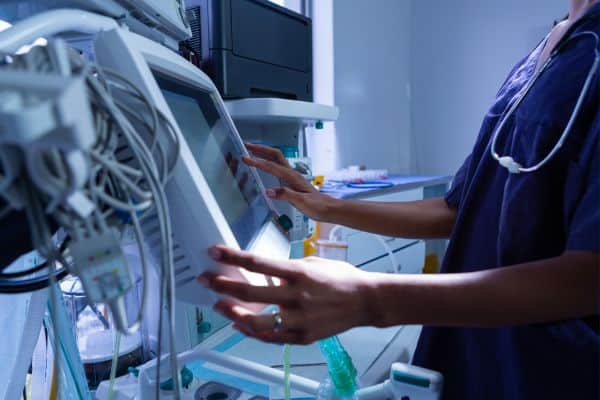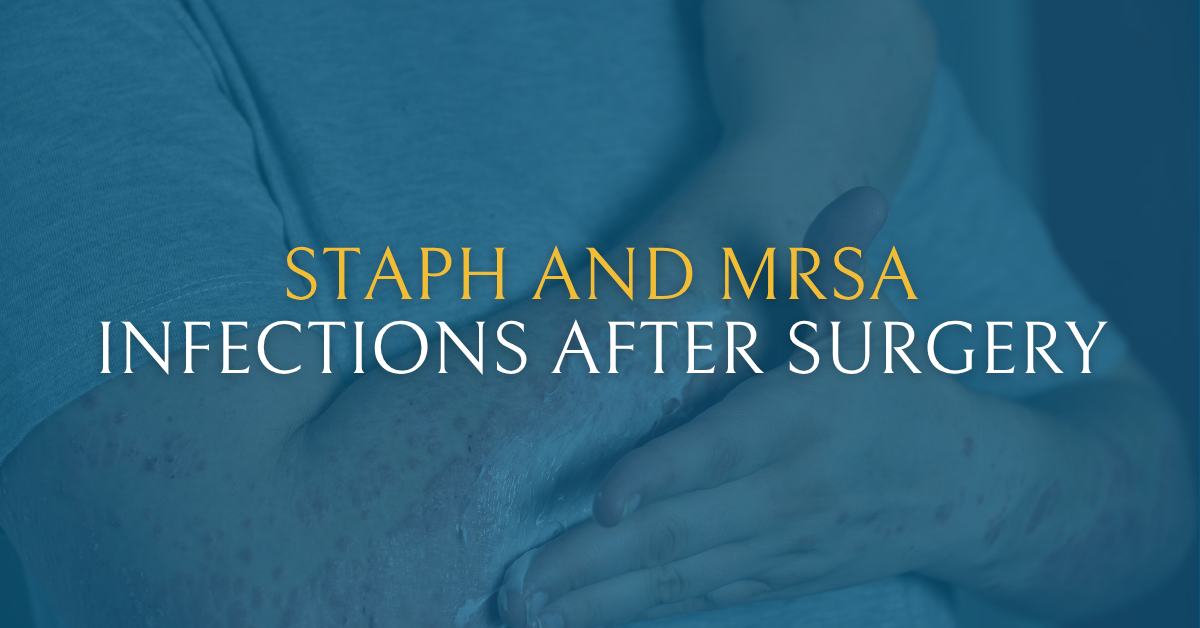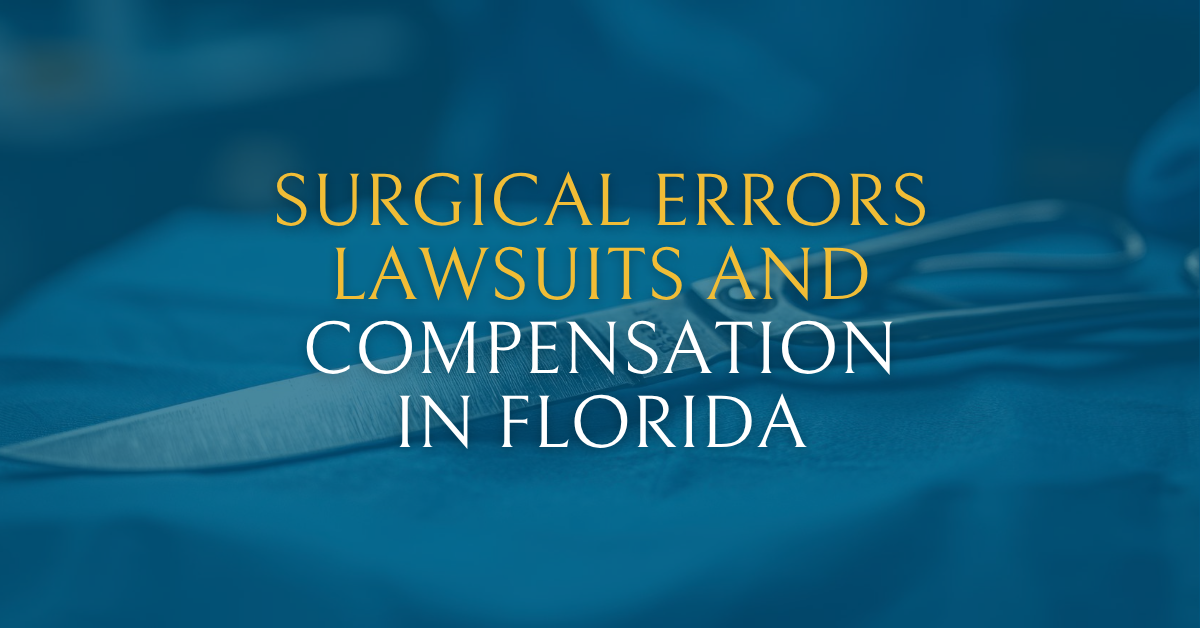When you step into a hospital as a patient or visitor, you rely on a complex system designed to protect and heal. However, this system is not infallible, making incident reporting — a crucial yet often overlooked mechanism — essential to safeguard the public from unseen dangers and medical malpractice within health care settings.
What is Florida’s Code 15 Protocol?
Hospitals are legally required to follow a protocol known as Code 15 for reporting unusual incidents that might cause harm. These include medical errors, equipment failures, security breaches, and procedural mistakes. While Code 15’s scope is broad, its purpose is straightforward: to prevent harm and improve the quality of hospital care.
Code 15 mandates that hospitals report incidents such as unexpected patient deaths, serious physical or psychological injuries, and surgical errors like operating on the wrong body part or patient. This wide-ranging requirement is critical for maintaining high standards of patient care and ensuring swift corrective action when appropriate.
The State of Florida mandates that hospitals report adverse incidents to the Agency for Health Care Administration (AHCA) within 15 days. This tight timeline ensures that potential risks are addressed promptly to prevent further harm.
To some, Code 15 might seem like bureaucratic red tape, but it is vital for patient safety. It assures the public that hospitals actively identify and correct their mistakes, continuously improving care standards and building trust.
Florida Code 15 Compliance Benefits
Incident reporting isn’t just a process; it’s a commitment to transparency and improvement that should instill confidence in all Floridians.
Systematic reporting and analysis of mistakes or near misses help prevent recurrence. And, of course, should something go horribly wrong, these Code 15 reports document issues, which helps protect patients’ legal rights and holds health care providers accountable.
The consequences of adverse incidents in hospitals impact patients, their families, caregivers and more. They go beyond physical harm to include lasting psychological effects on patients and eroding public trust in our medical providers.
Legally, these events can lead to significant liabilities for health care providers, especially if negligence is involved. By fostering an environment where incidents are consistently reported and scrutinized, hospitals can better manage these risks.
As Vero Beach medical malpractice lawyers, we’ve seen the repercussions of inadequate incident reporting — cases where a simple report could have prevent future repeats of the same mistake. That’s why we advocate not only for compliance with Code 15 but also for public engagement and education. It’s essential for you to stay informed and assertive about your rights and the safety measures your health care providers should uphold.
Code 15 is more than just administrative paperwork; it is a critical component of health care safety. By fostering a culture of thorough reporting and transparency, we can achieve higher standards of care and better protection for patients across Florida, from the Treasure Coast to the Panhandle. We must demand diligence in this practice, not only for our benefit but for the safety of future generations.








